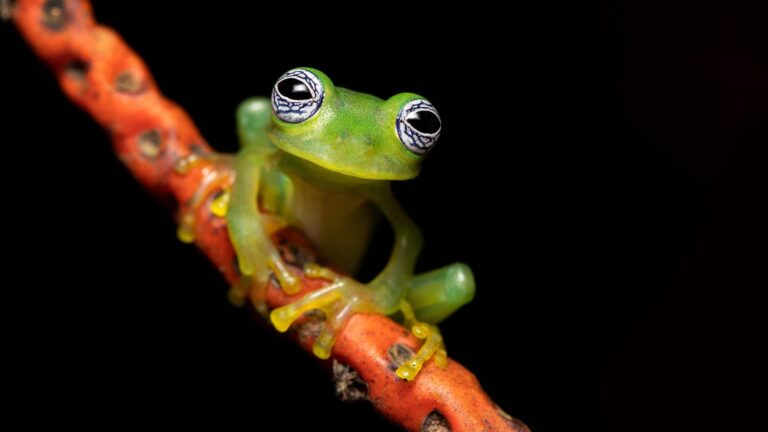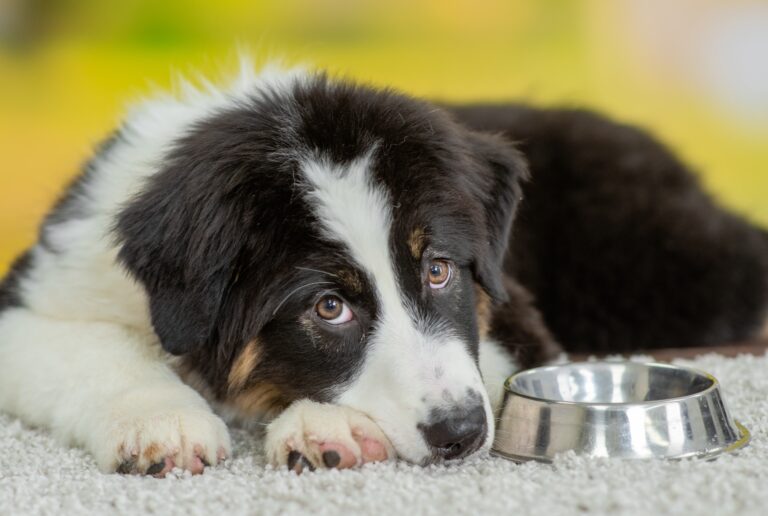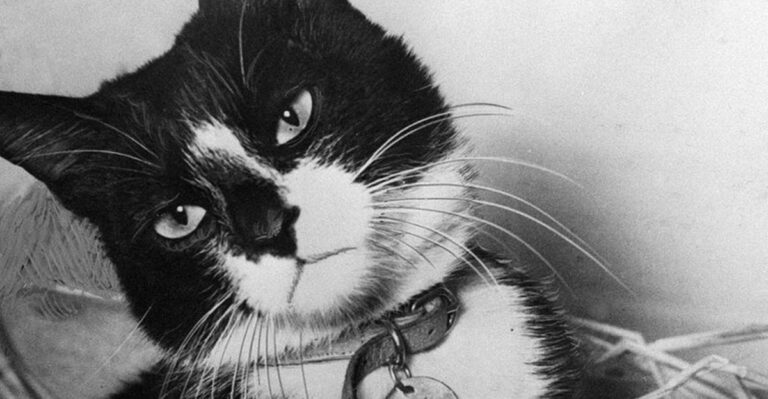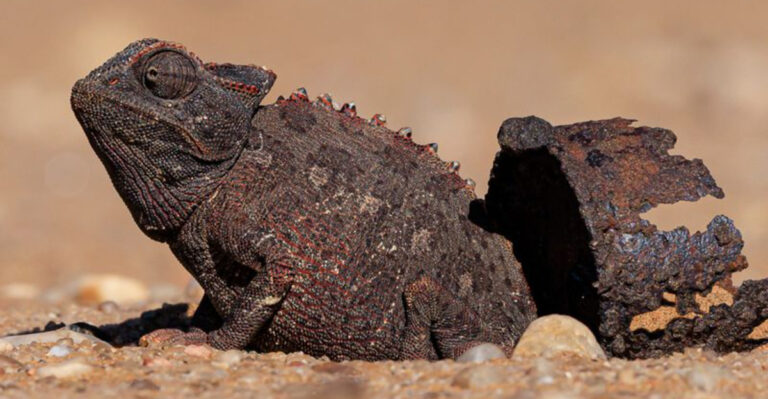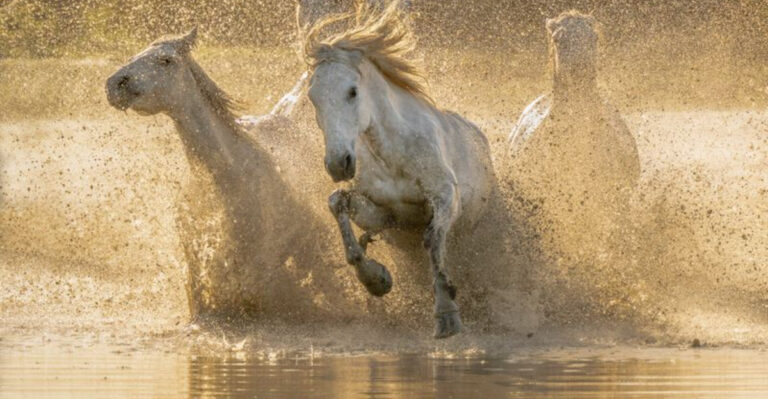15 Ways Animals Help Veterans Cope With PTSD
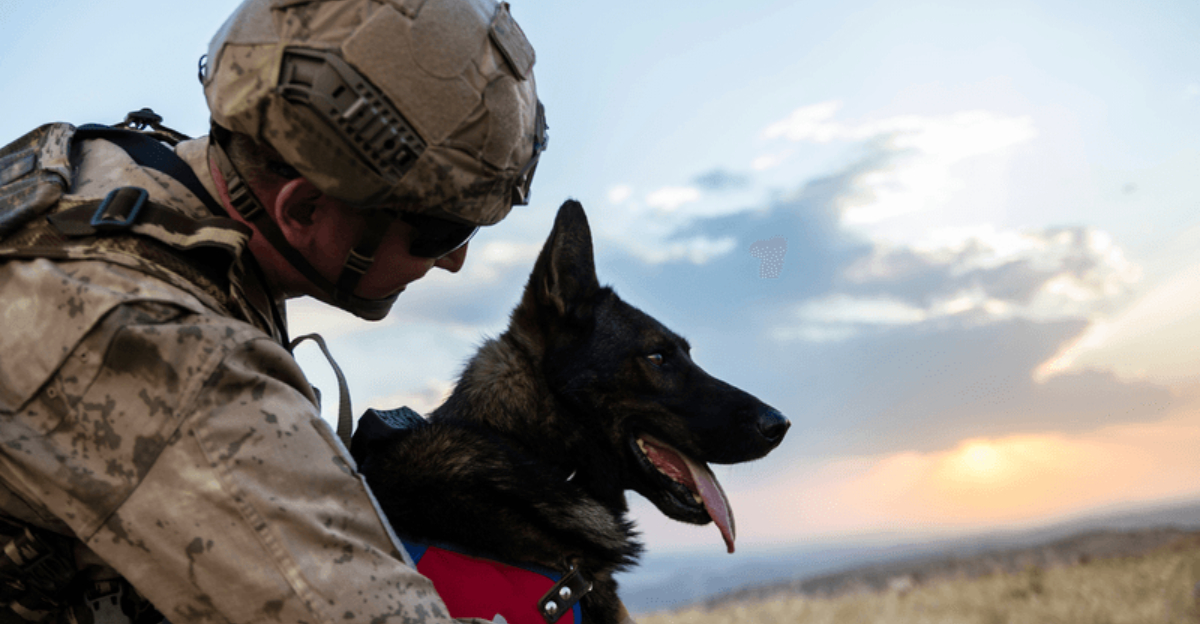
When the battlefield becomes a memory but the trauma remains, many veterans find healing through an unexpected source – animals.
These loyal companions offer more than just friendship; they provide crucial support for veterans struggling with Post-Traumatic Stress Disorder. The bond between a veteran and their animal companion creates a powerful healing connection that medication alone often cannot achieve.
1. Unconditional Love Without Judgment
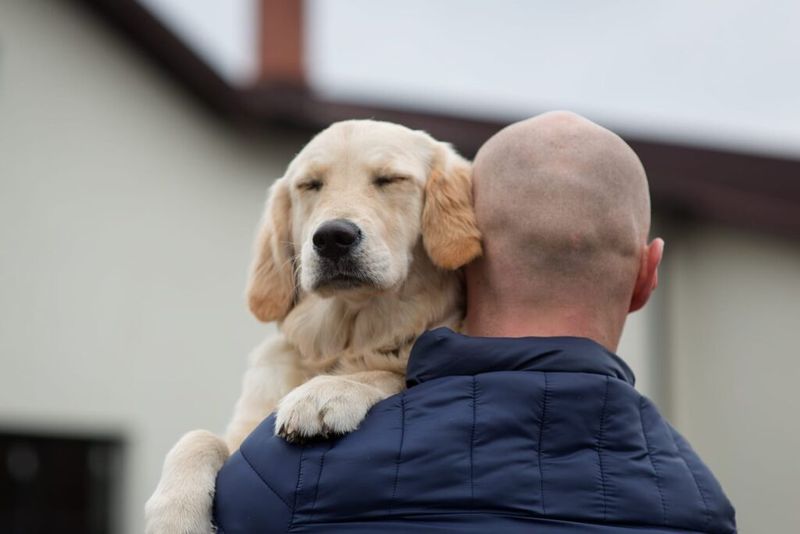
Ever noticed how animals don’t care about your past? They offer pure acceptance when human relationships feel complicated. For veterans battling PTSD, this judgment-free zone becomes invaluable.
Animals don’t ask about war experiences or expect explanations for anxiety attacks. They simply stay present, offering affection regardless of emotional state or difficult days.
2. Grounding Through Touch Sensation
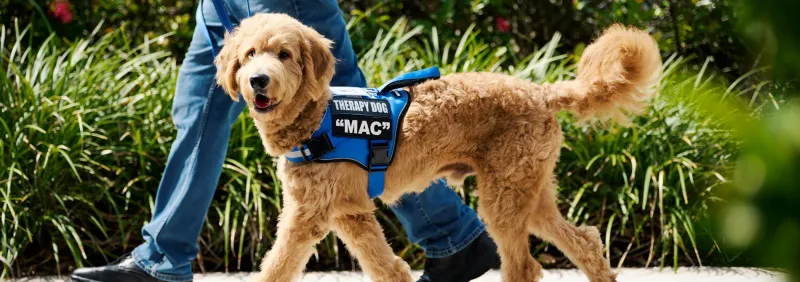
The simple act of stroking fur creates an instant connection to the present moment. This tactile experience pulls veterans away from flashbacks and intrusive thoughts by engaging their senses.
The rhythmic motion of petting an animal naturally lowers blood pressure and releases calming hormones. Many veterans report that this physical connection provides immediate relief during anxiety spikes.
3. Nighttime Guardian Angels
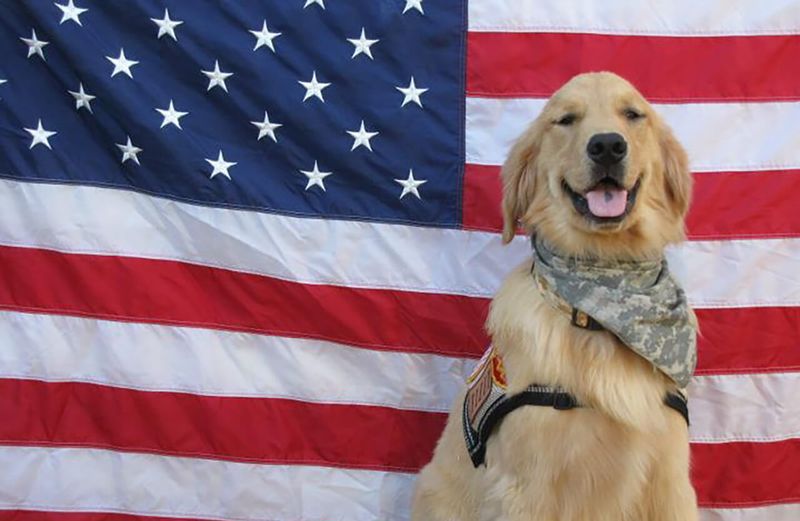
Darkness often intensifies PTSD symptoms, making nighttime particularly challenging. Service dogs can be trained to respond to nightmares by gently waking veterans before terror takes hold.
Some animals naturally sense distress during sleep and provide comforting pressure or proximity. This nighttime vigilance allows many veterans to experience restful sleep for the first time in years.
4. Responsibility Creates Purpose
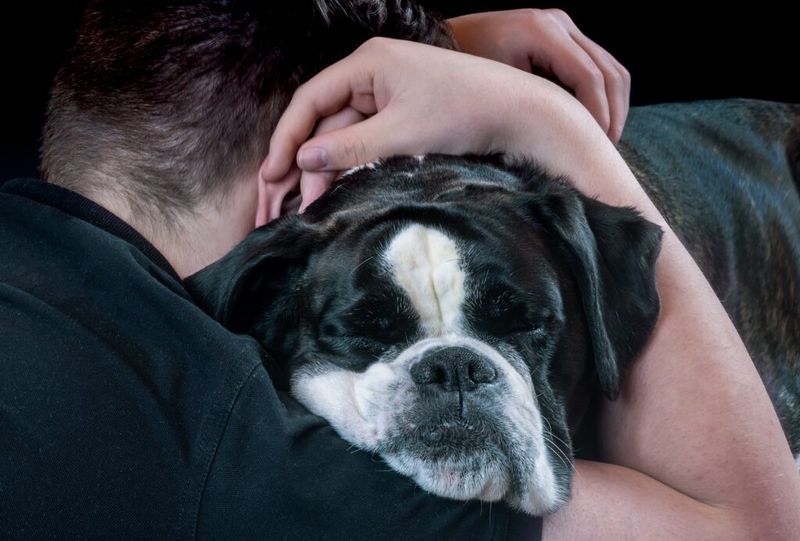
Taking care of another living being establishes structure when life feels chaotic. For veterans transitioning to civilian life, the daily routine of feeding, walking, and caring for an animal provides essential stability.
This responsibility becomes a reason to get out of bed on difficult mornings. Many veterans report that knowing their animal depends on them creates motivation when depression makes self-care challenging.
5. Social Bridges To Connection
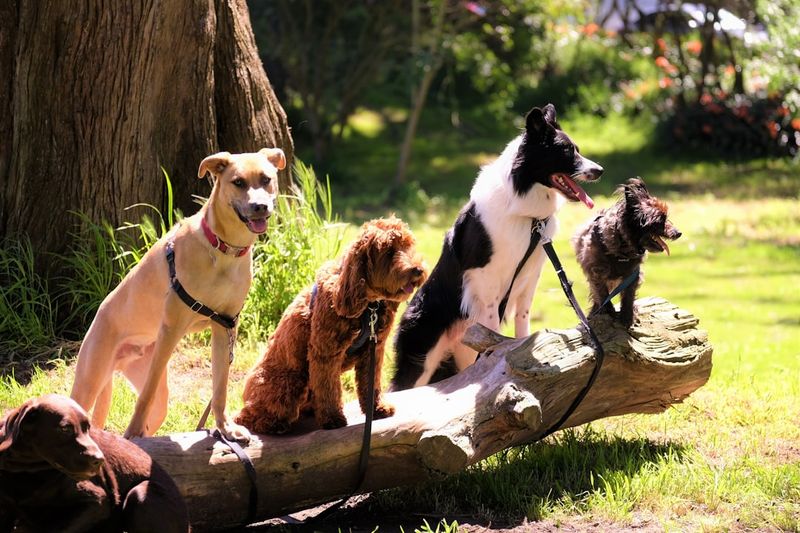
Walking a dog through the neighborhood naturally creates opportunities for casual conversation. These brief, low-pressure interactions help veterans practice social skills without overwhelming anxiety.
Animals serve as natural conversation starters, shifting focus away from the veteran. This subtle buffer allows meaningful connections to develop gradually, reducing the isolation that often accompanies PTSD.
6. Alerting To Anxiety Spikes
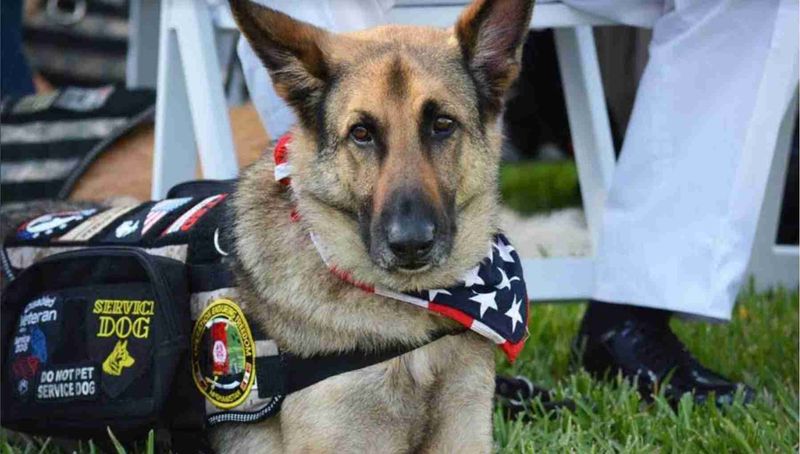
Before a veteran even recognizes rising anxiety, many animals can detect subtle physiological changes. This early warning system allows intervention before symptoms intensify.
Service animals can be specifically trained to respond to anxiety cues with calming behaviors. Even untrained pets often naturally interrupt anxiety patterns by seeking attention or physical contact when they sense distress.
7. Mindfulness Through Observation
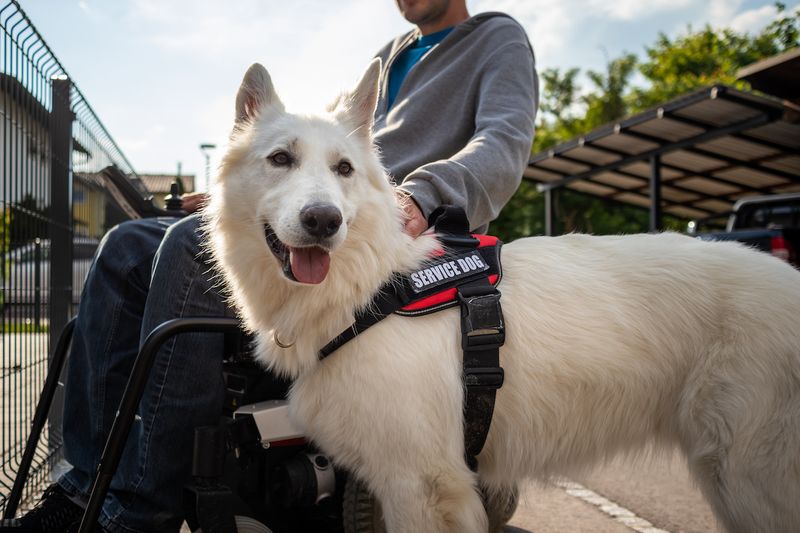
Watching fish glide through water or birds flutter about naturally draws attention to the present moment. This gentle form of mindfulness happens without effort or instruction.
Veterans report that observing animals at play or rest creates a meditative state. The simple pleasure of watching natural behaviors provides a mental break from hypervigilance and racing thoughts.
8. Outdoor Adventures Reduce Isolation
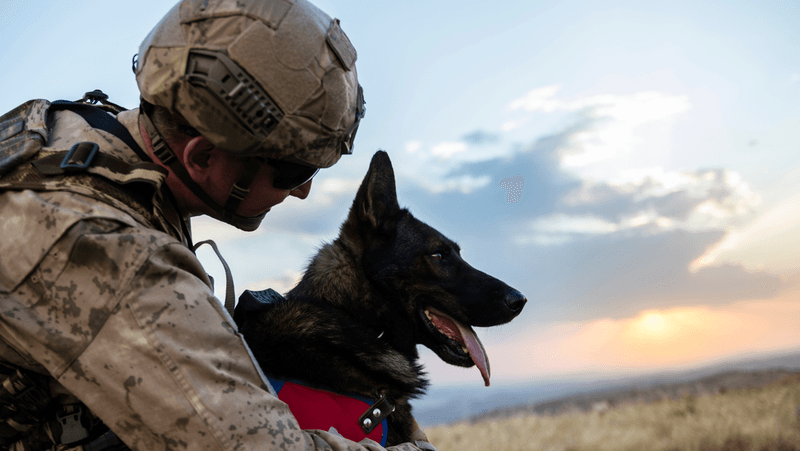
Hiking with a dog or horseback riding encourages veterans to explore natural settings they might otherwise avoid. These outdoor experiences gradually expand comfort zones while providing natural anxiety relief.
Animals make excellent adventure companions, offering security in potentially triggering environments. The combination of physical activity, nature, and animal companionship creates powerful healing opportunities.
9. Oxytocin Boost From Bonding
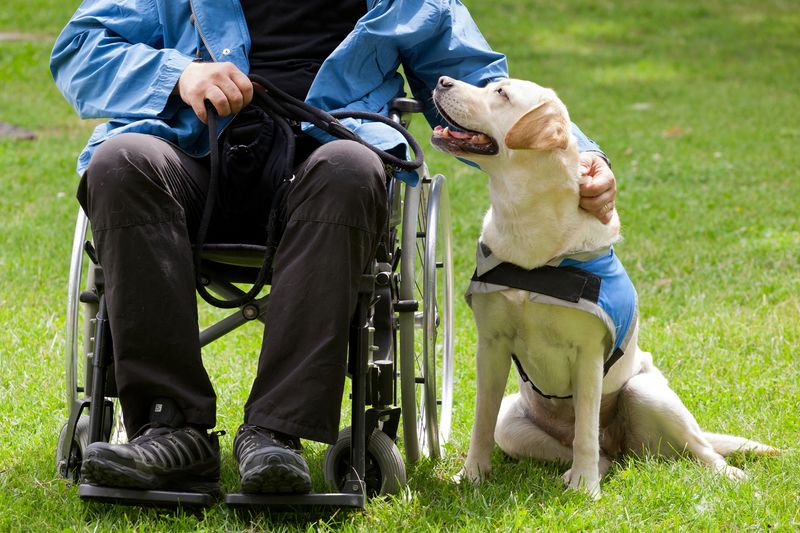
Science confirms what animal lovers intuitively know – interacting with animals releases feel-good hormones. This natural chemistry experiment happens with every pet, cuddle, or play session.
The oxytocin released during animal bonding counters stress hormones that fuel PTSD symptoms. This biological response explains why many veterans report immediate mood improvement after animal interaction.
10. Crowd Navigation Assistance
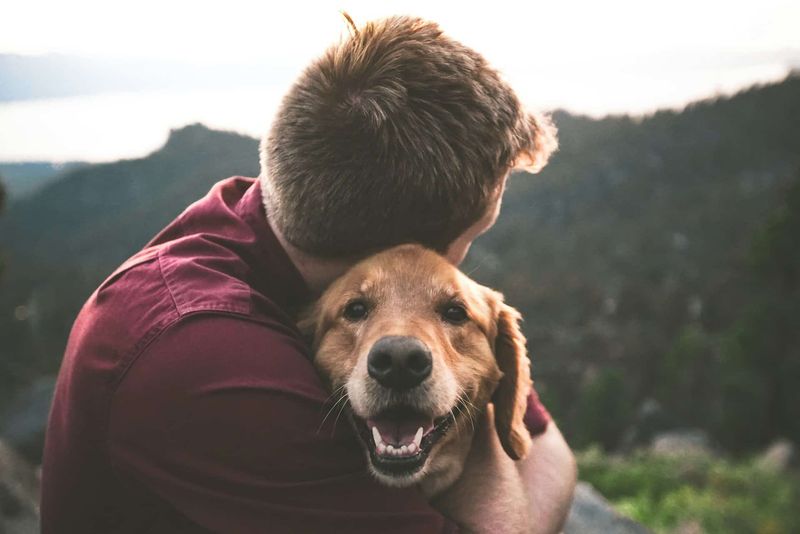
Crowded spaces often trigger hypervigilance and anxiety for veterans with PTSD. Service dogs can create physical space in public by positioning themselves as buffers between their handler and others.
Some animals are trained to perform specific tasks during crowded situations. This might include leading their handler to exits or creating distractions during moments of increasing distress.
11. Emotional Expression Without Words
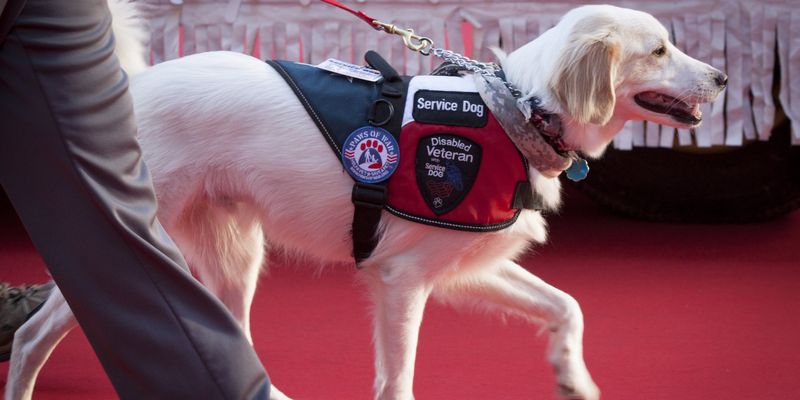
Finding words for trauma can be impossibly difficult, but emotions flow freely with animal companions. Veterans often report sharing feelings with their animals that they struggle to express elsewhere.
This emotional release happens without fear of judgment or misunderstanding. The simple act of talking to an attentive animal provides therapeutic benefits similar to traditional talk therapy.
12. Humor And Playfulness Return
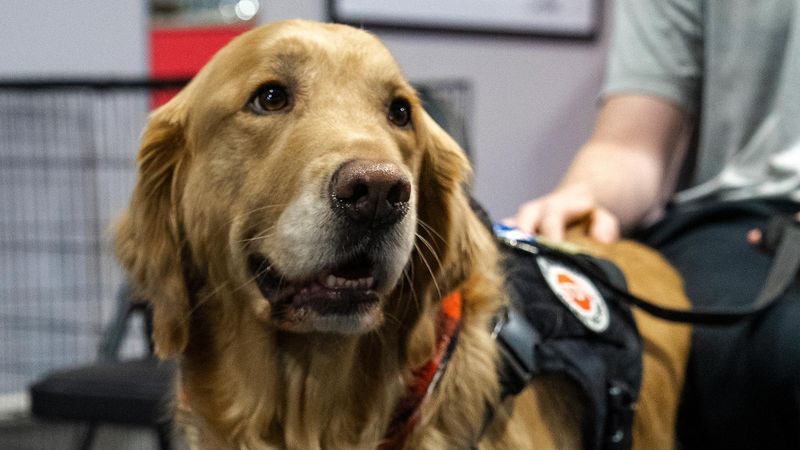
Animal antics naturally inspire laughter when smiling feels forgotten. Their playful nature coaxes joy from places trauma has hidden it.
Veterans often rediscover their own capacity for lightheartedness through animal interactions. This rediscovery of play and humor represents a significant healing milestone, reconnecting veterans with parts of themselves that PTSD had silenced.
13. Physical Activity Without Pressure
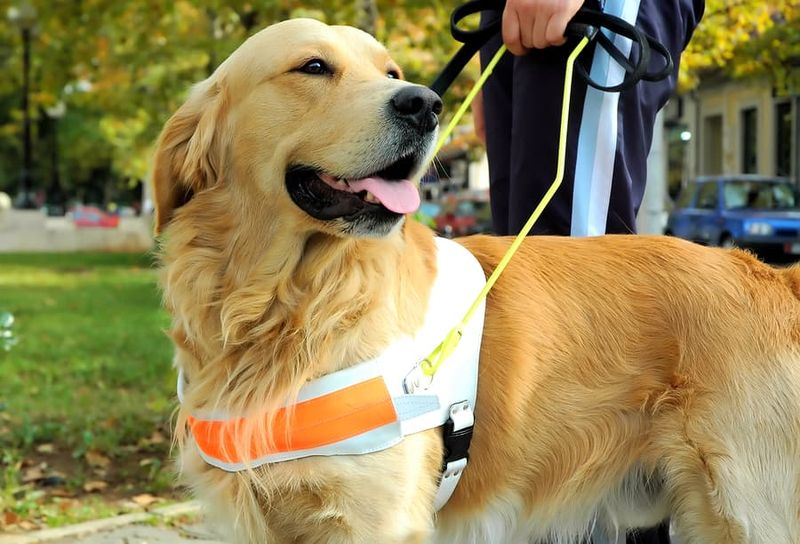
Regular exercise benefits mental health, but motivation can vanish with depression. Animals naturally encourage movement through walks, play, and care routines.
This activity happens organically without the pressure of formal exercise programs. The physical benefits accumulate while focus remains on the animal’s needs rather than on the veteran’s health goals.
14. Equine Therapy Builds Confidence
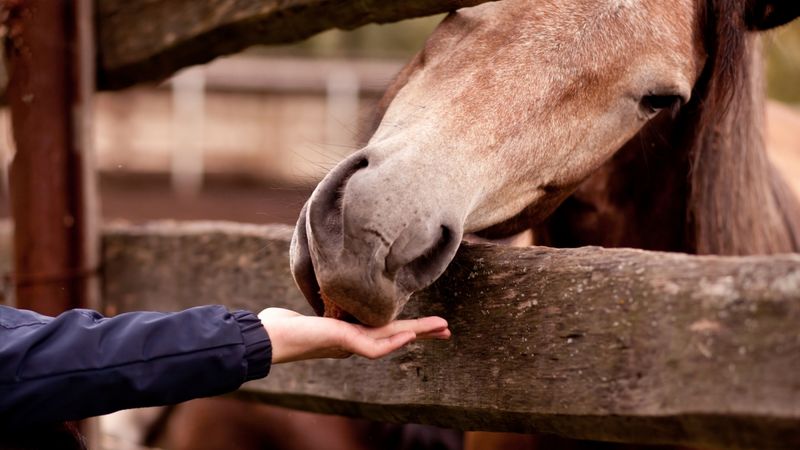
Something transformative happens when veterans connect with horses. These powerful animals respond to subtle energy and emotion, providing immediate feedback that builds self-awareness.
Learning to communicate with and guide a horse creates confidence that transfers to other relationships. Many veterans report that mastering these skills restores a sense of capability that trauma had diminished.
15. Transition Bridge To Healing
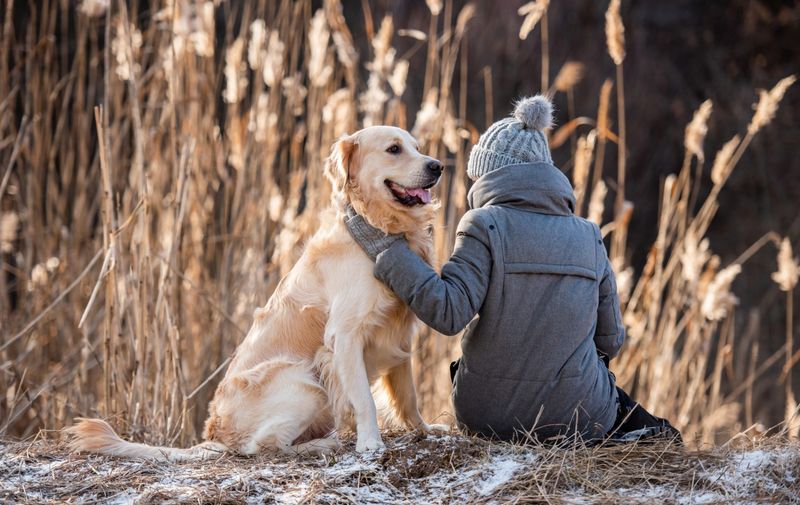
Animals often serve as stepping stones toward human connection when trust feels impossible. The skills practiced in animal relationships gradually transfer to human interactions.
Many veterans find that building trust with an animal creates a template for rebuilding human relationships. This bridge effect makes animal therapy a valuable component in comprehensive PTSD treatment programs.

